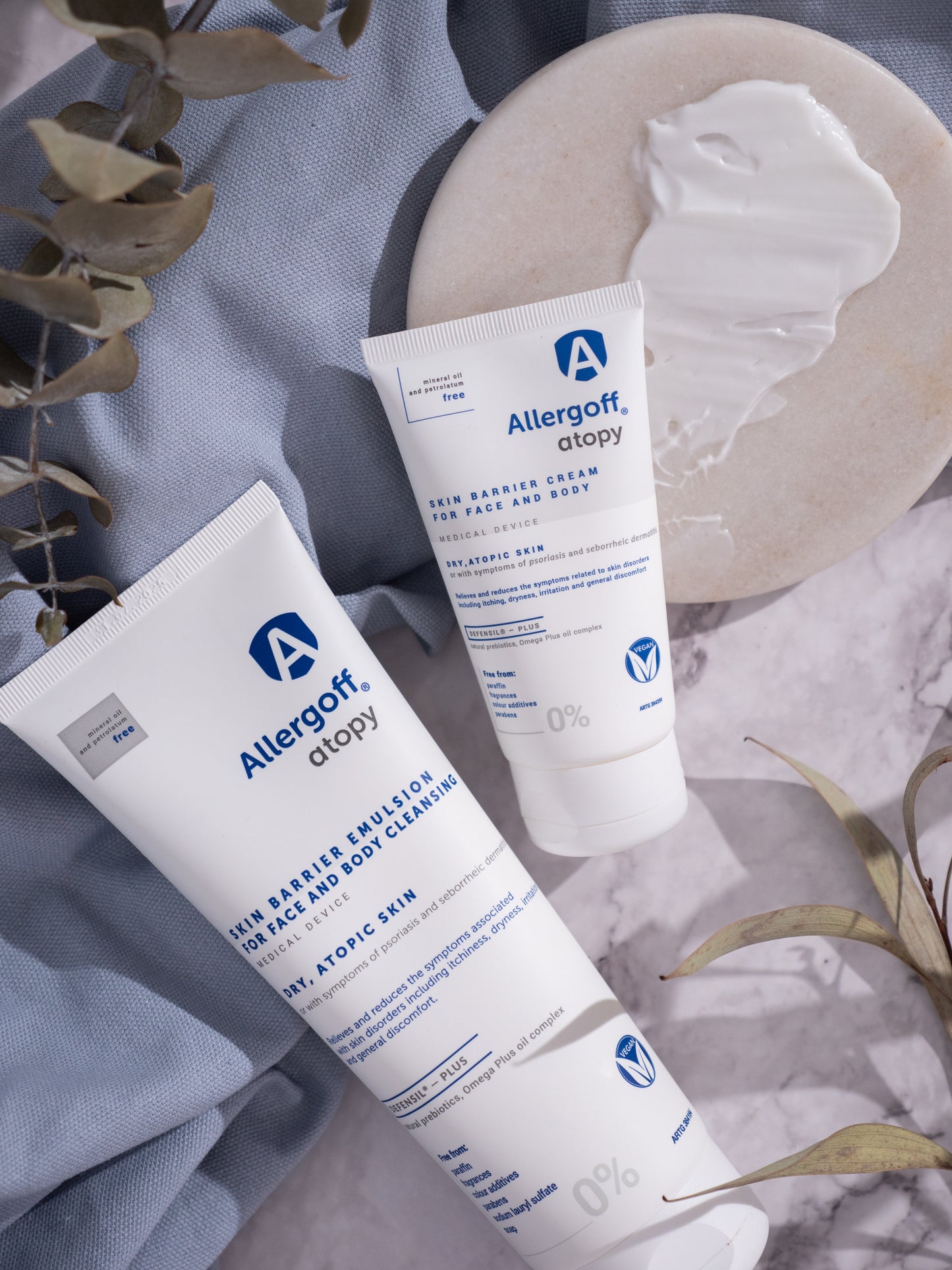
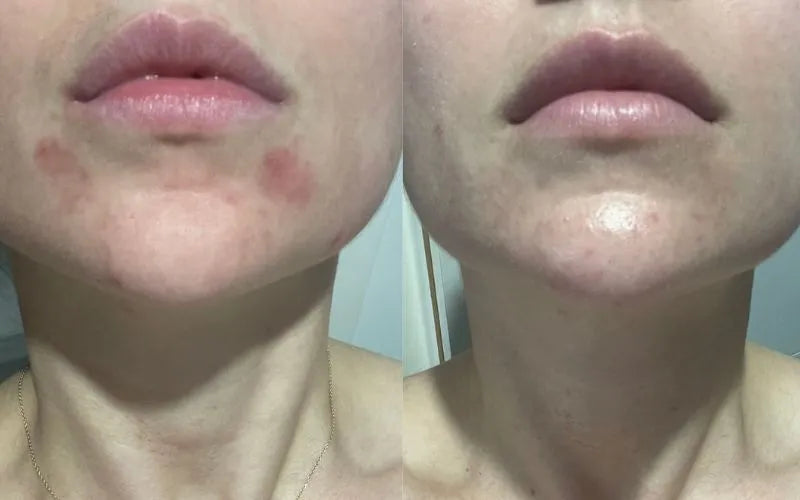
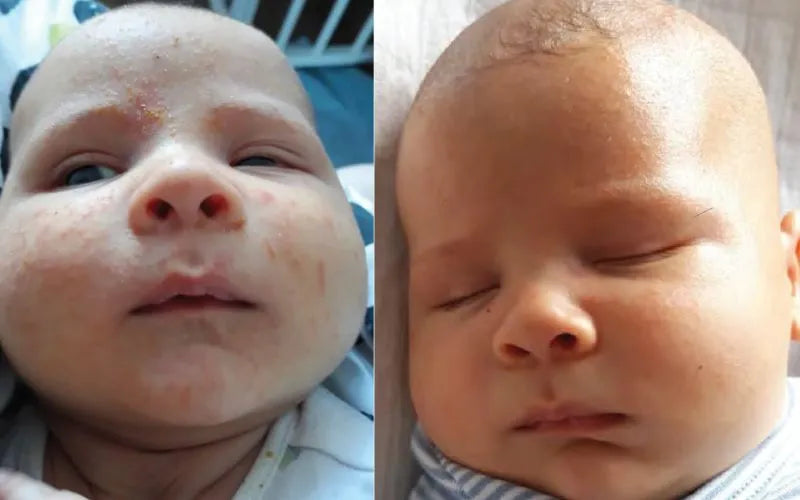
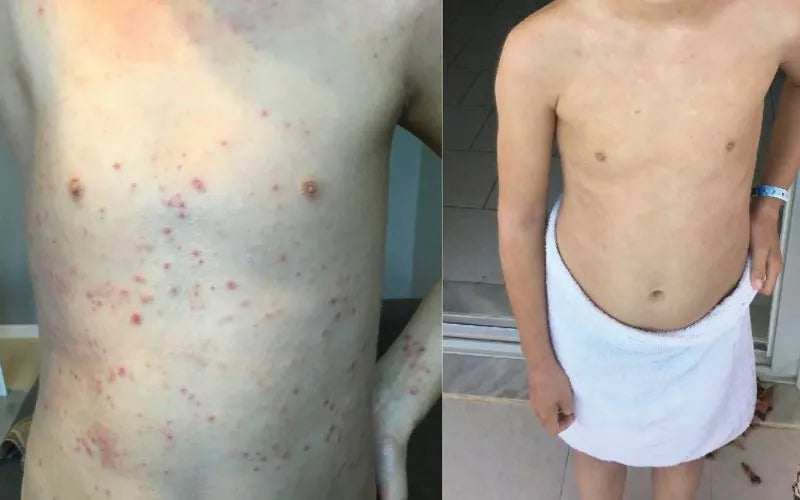
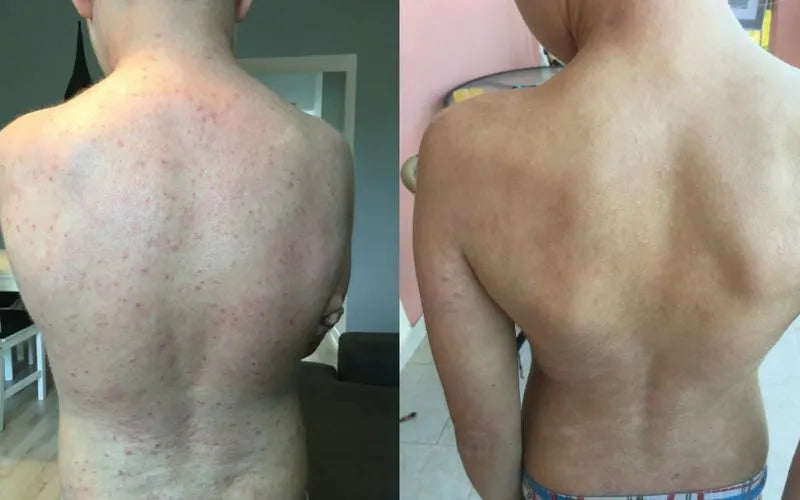
Fragrance Free
Vegan
TGA Approved
For Allergic & Sensitive Skin
Barrier Protection
From 1 Month +
Fragrance Free
Vegan
TGA Approved
For Allergic & Sensitive Skin
Barrier Protection
From 1 Month +
Fragrance Free
Vegan
TGA Approved
For Allergic & Sensitive Skin
Barrier Protection
From 1 Month +
Fragrance Free
Vegan
TGA Approved
For Allergic & Sensitive Skin
Barrier Protection
From 1 Month +
Fragrance Free
Vegan
TGA Approved
For Allergic & Sensitive Skin
Barrier Protection
From 1 Month +
Fragrance Free
Vegan
TGA Approved
For Allergic & Sensitive Skin
Barrier Protection
From 1 Month +
Fragrance Free
Vegan
TGA Approved
For Allergic & Sensitive Skin
Barrier Protection
From 1 Month +
Fragrance Free
Vegan
TGA Approved
For Allergic & Sensitive Skin
Barrier Protection
From 1 Month +
Fragrance Free
Vegan
TGA Approved
For Allergic & Sensitive Skin
Barrier Protection
From 1 Month +
Fragrance Free
Vegan
TGA Approved
For Allergic & Sensitive Skin
Barrier Protection
From 1 Month +












